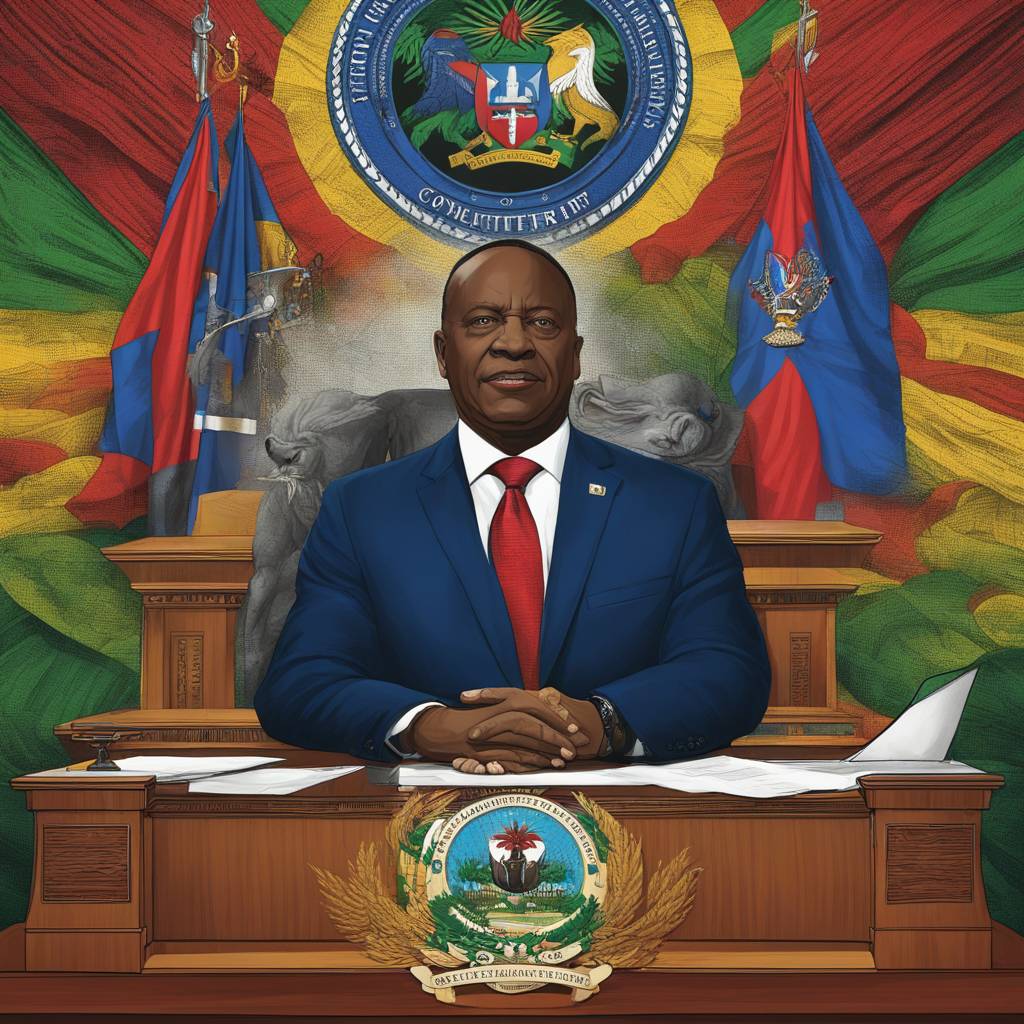A council tasked with selecting a temporary replacement for outgoing Haitian Prime Minister Ariel Henry is facing major security concerns. One member of the nine-member council stepped down after receiving death threats, leaving organizers in a scramble to find a replacement. Haiti has been experiencing mass sociopolitical unrest since the 2021 assassination of President Jovenel Moïse, with crime and gang violence rampant under the Henry administration, which had failed to deliver on promises of staging a new election. Fresh turmoil regarding a transitional presidential council responsible for selecting Haiti’s new leader has triggered meetings with Caribbean leaders and officials from the U.S., Canada, and France. The council has yet to be sworn in due to security concerns among its members and other issues, according to a regional official.
The delay in establishing the council comes as gangs continue to launch attacks across Haiti’s capital city. Since Feb. 29, gunmen have burned police stations, attacked the main international airport, and stormed the country’s two largest prisons, releasing over 4,000 inmates. Scores of people have been killed, and more than 33,000 people have fled Port-au-Prince as a result of the violence. The newest member chosen to represent the EDE/RED political party on the council resigned on Sunday after facing political attacks and death threats. Despite the quick replacement of the member, the council’s formal announcement and swearing-in have not yet occurred. Officials are hoping that the council’s selection of a new leader for Haiti and the appointment of a council of ministers will help subdue the rampant gang violence in the country.
While gang violence has somewhat subsided in recent days, incidents of violence continue, such as gunmen setting fire to a large garage in downtown Port-au-Prince. Many people have lost everything in the attacks, with residents left wondering how they will recover from the devastation. Mechanic Elidor Samuel expressed concerns about all his tools being burnt in the fire, leaving him without means to work. Romain Le Cour of the Global Initiative Against Transnational Organized Crime noted that rather than all-out war, gangs in Haiti seem to be pursuing a strategy of maximum pressure with attacks interspersed with lulls. He suggested that this strategy may be influenced by relationships tying gangs to political bosses, who may be manipulating violence for political gain.
Concerns over the delay in selecting new leadership for Haiti have been raised by various individuals and organizations. The inability to make the presidential transitional council operational reflects conflicts within the Haitian political arena, allowing the power of guns and politico-criminal brokers to grow each day. The Montana Accord, a group of civil society leaders with a seat on the council, expressed support for the resigned member who faced persecution and threats. They emphasized the need to stop the violence and political maneuvers based on fear and terror. Despite efforts to address the security concerns and move forward with the selection process, the situation in Haiti remains tense and unpredictable, with ongoing challenges related to gang violence, political instability, and social, and economic disruption caused by recent attacks.













